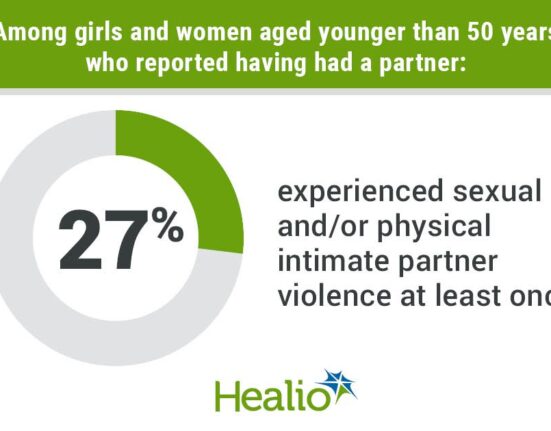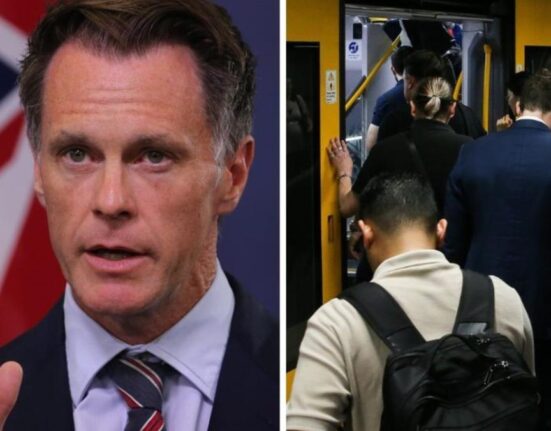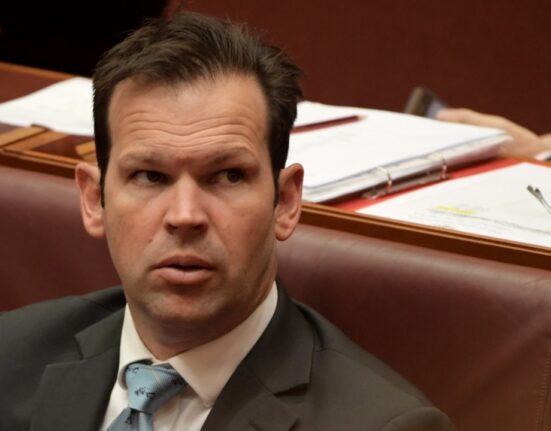The political landscape is heating up as Greens leader, Adam Bandt, sets his sights on shaking things up with a bold demand. In the midst of election season, Bandt has thrown down the gauntlet, urging the Prime Minister to take action on negative gearing. This move could potentially reshape the future of housing policies in Australia.
“This reform has always been urgent, but the threat of a Trump-fuelled attack on Australian renters and first-home buyers in the next few months now makes this a matter of housing life and death,”
emphasized Mr. Bandt, underlining the critical nature of this issue. It’s not just about politics; it’s about people’s lives and futures at stake.
As the Green Party unveils their proposal for restructuring negative gearing regulations by limiting tax benefits to one investment property per individual and introducing a rent freeze with controlled increases, they are sending shockwaves through the corridors of power. The implications are far-reaching, affecting landlords, tenants, aspiring homeowners, and even investors in the financial markets.
In a strategic move aimed at influencing potential coalition negotiations post-election, Bandt is leveraging the leverage he holds as an influential player in possible hung parliaments. While some may see this as political maneuvering, there’s no denying that such decisions have real-world consequences for everyday Australians looking to secure stable housing options.
Understanding Negative Gearing:
Negative gearing isn’t just a buzzword thrown around during elections—it has tangible effects on individuals’ ability to enter the property market. Essentially, it allows property owners to claim losses from their investment against other forms of income like salaries. Proponents argue it incentivizes investment while critics claim it widens wealth gaps by favoring wealthy investors over first-time buyers.
Apart from reshaping national housing policies, these discussions bring to light larger debates around economic equality and social justice. It’s not merely about numbers and statistics; it’s about how everyday Australians navigate an increasingly competitive property market where ownership is often seen as a symbol of stability and success.
Expert Analysis:
Insights from economic analysts shed light on how changes in negative gearing regulations can ripple through various sectors—from real estate to stock markets—impacting both individual investors and broader economic indicators. Experts caution that any sudden shifts could trigger unforeseen consequences but also acknowledge the need for reforms to address underlying inequalities.
The discourse surrounding negative gearing extends beyond mere policy debates; at its core lies fundamental questions about fairness, opportunity, and social responsibility. As politicians engage in back-and-forth negotiations over intricate details of tax laws, ordinary citizens are left wondering how these decisions will shape their financial futures and prospects for homeownership.
As voters gear up for another election cycle filled with promises and proposals galore,
the spotlight remains firmly fixed on issues like negative gearing that hit close to home.
Will these demands lead to meaningful change or get lost in the political quagmire?
Only time will tell as Australians await eagerly for what lies ahead in their housing landscape.








Leave feedback about this